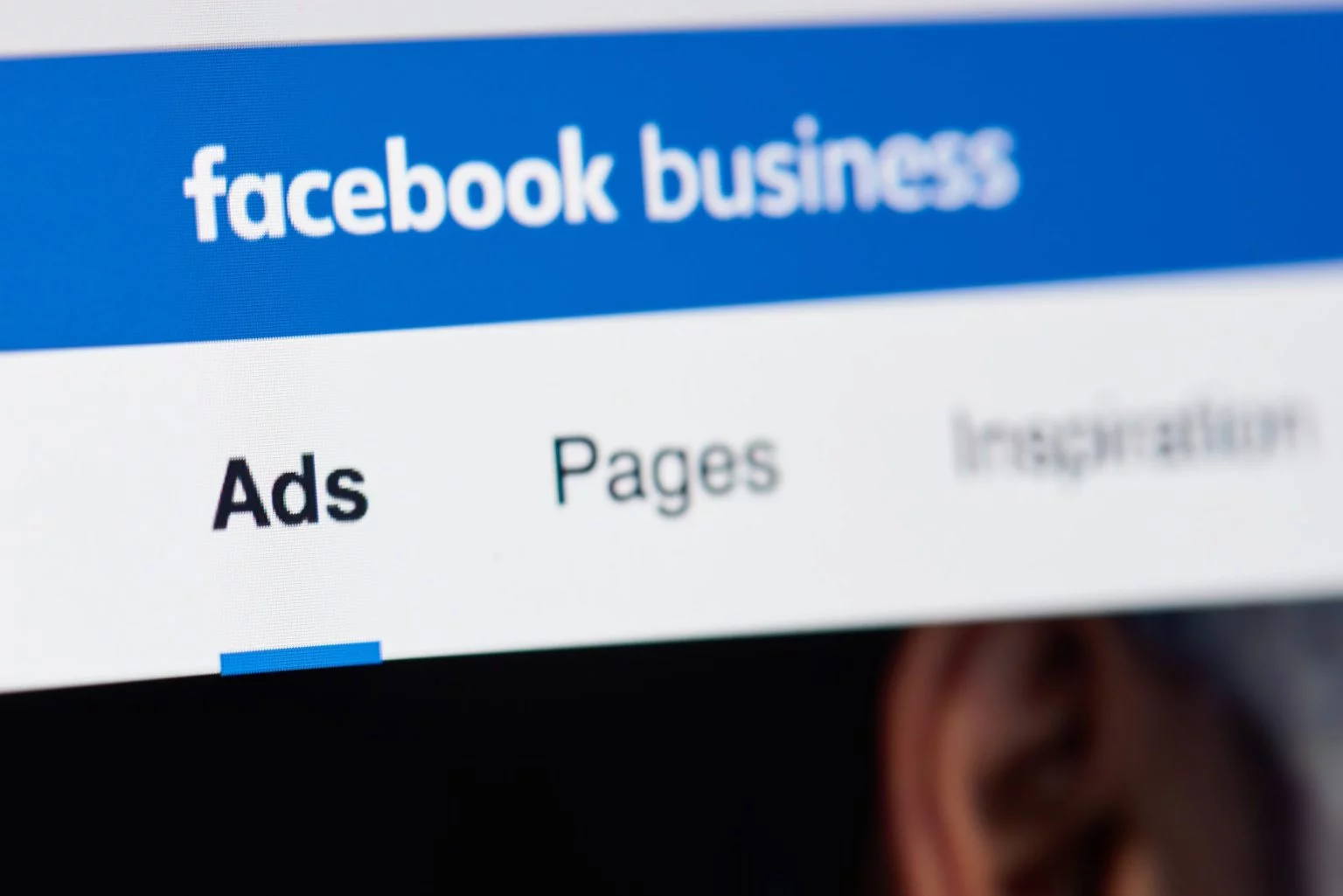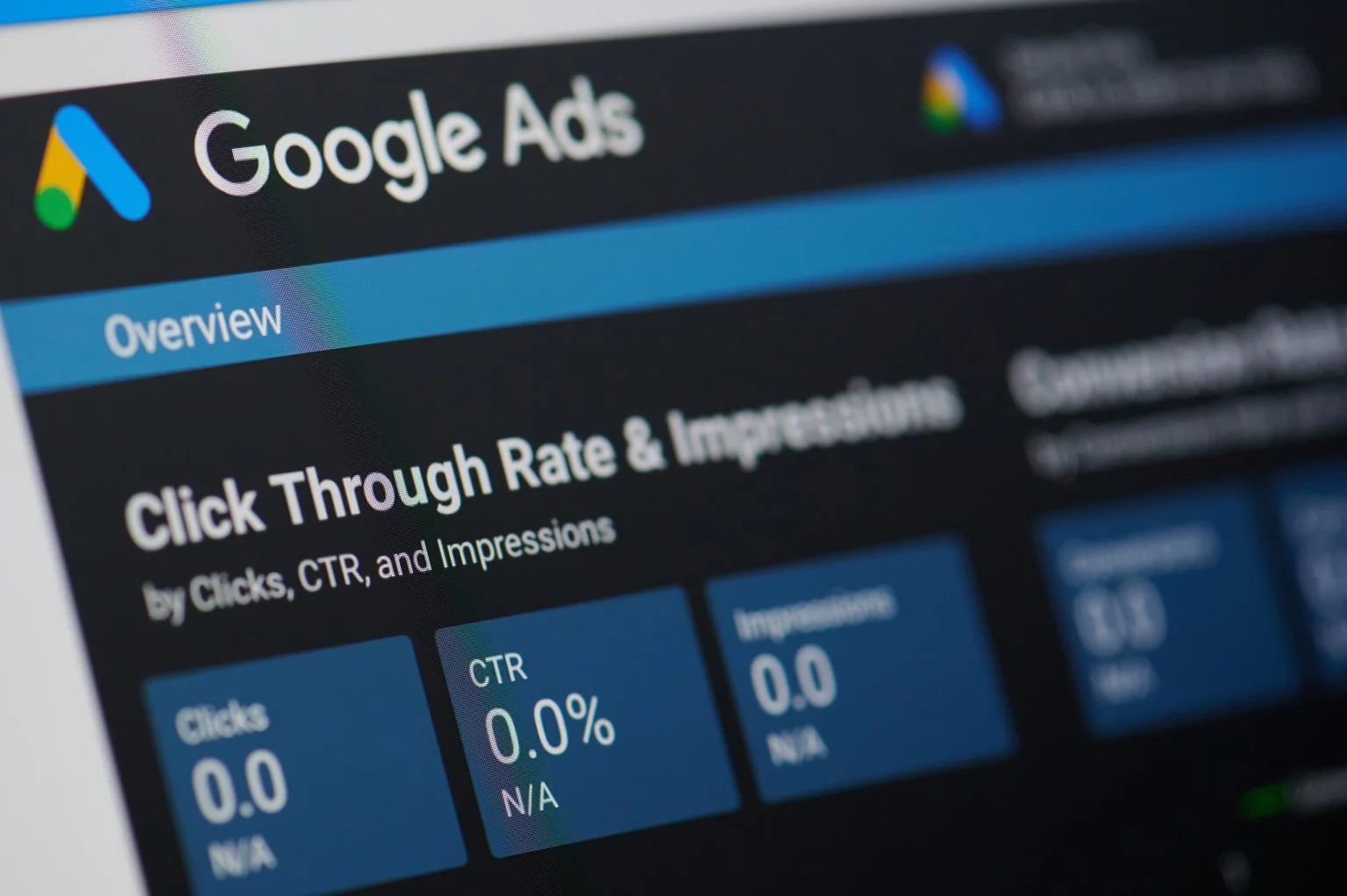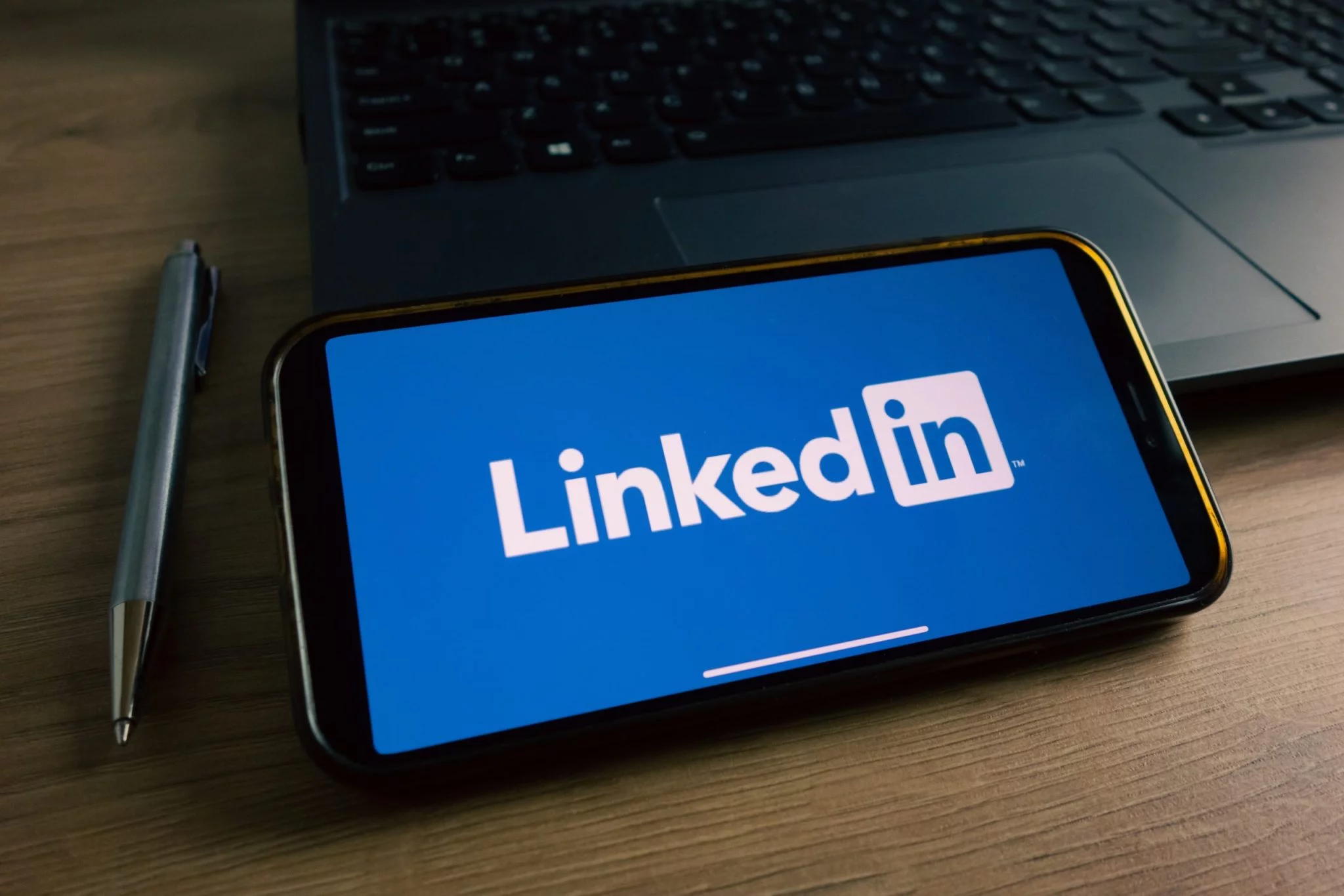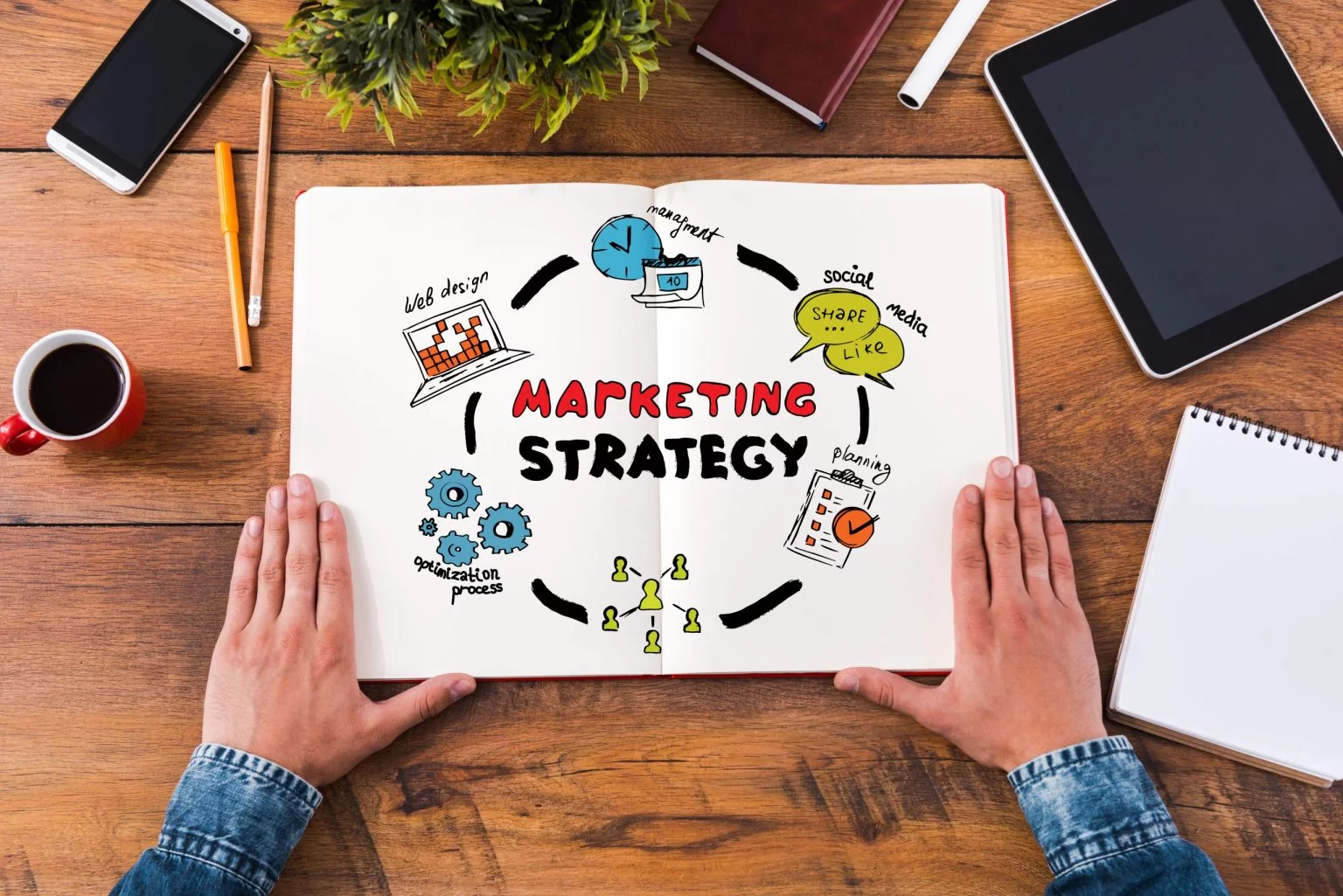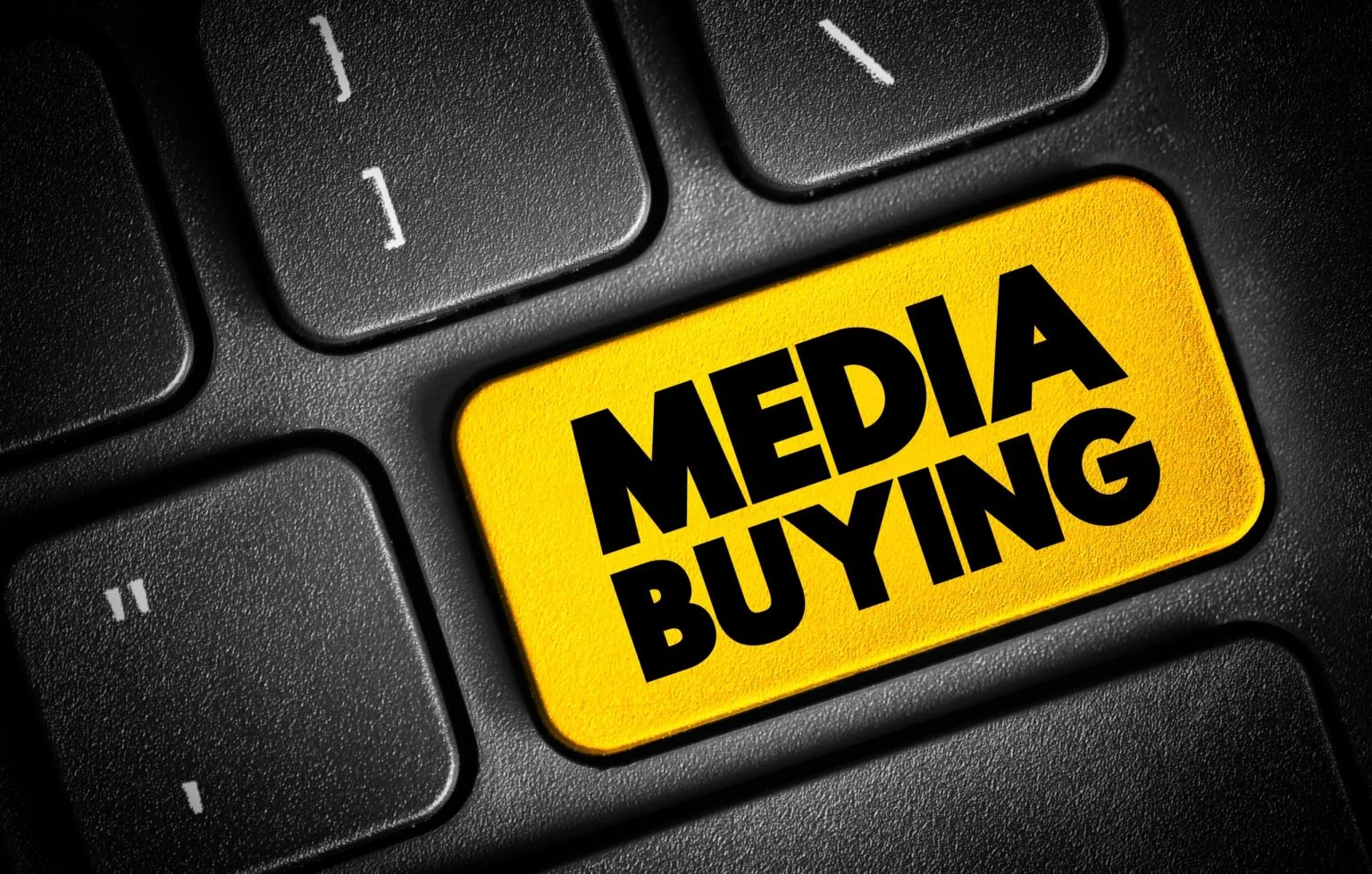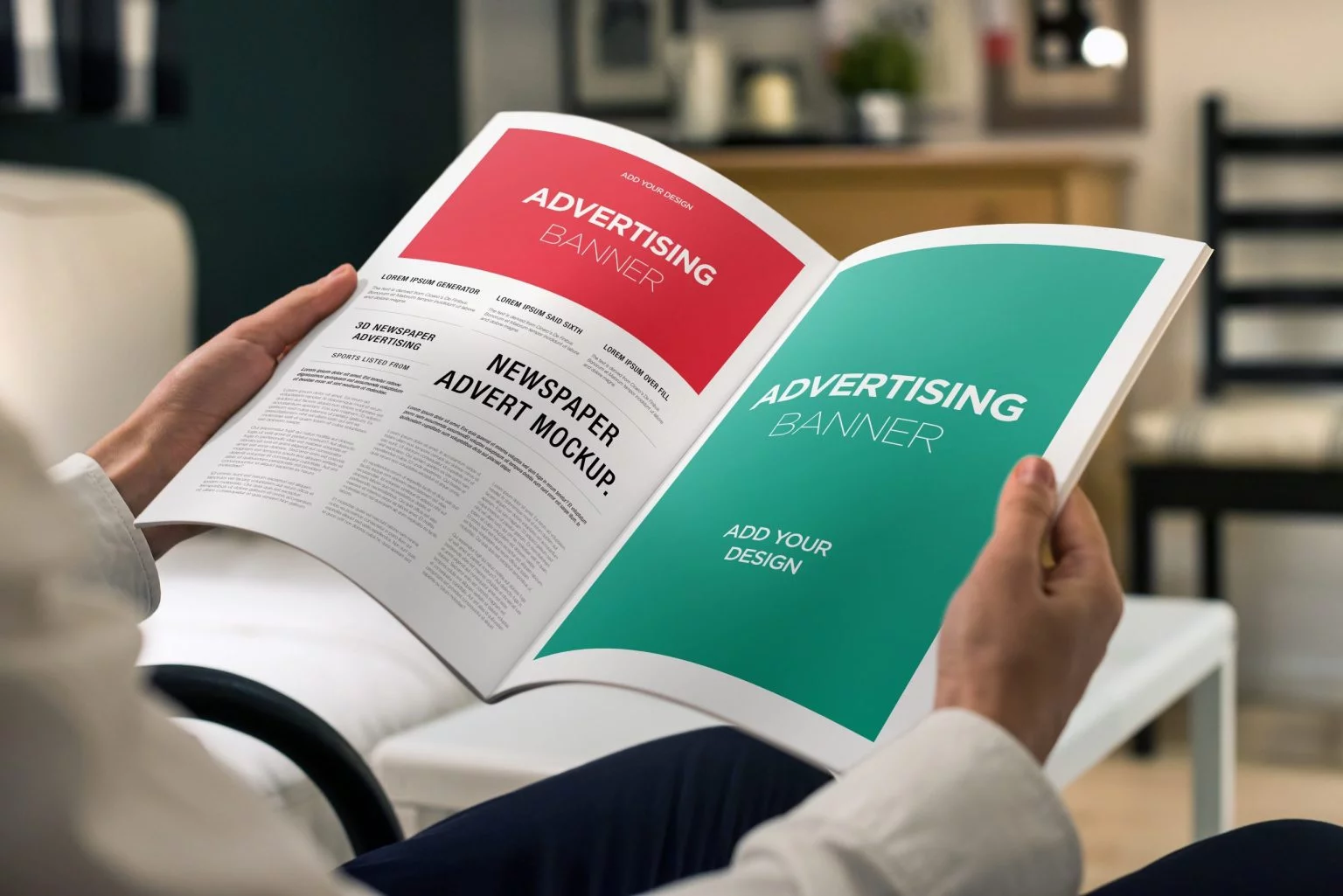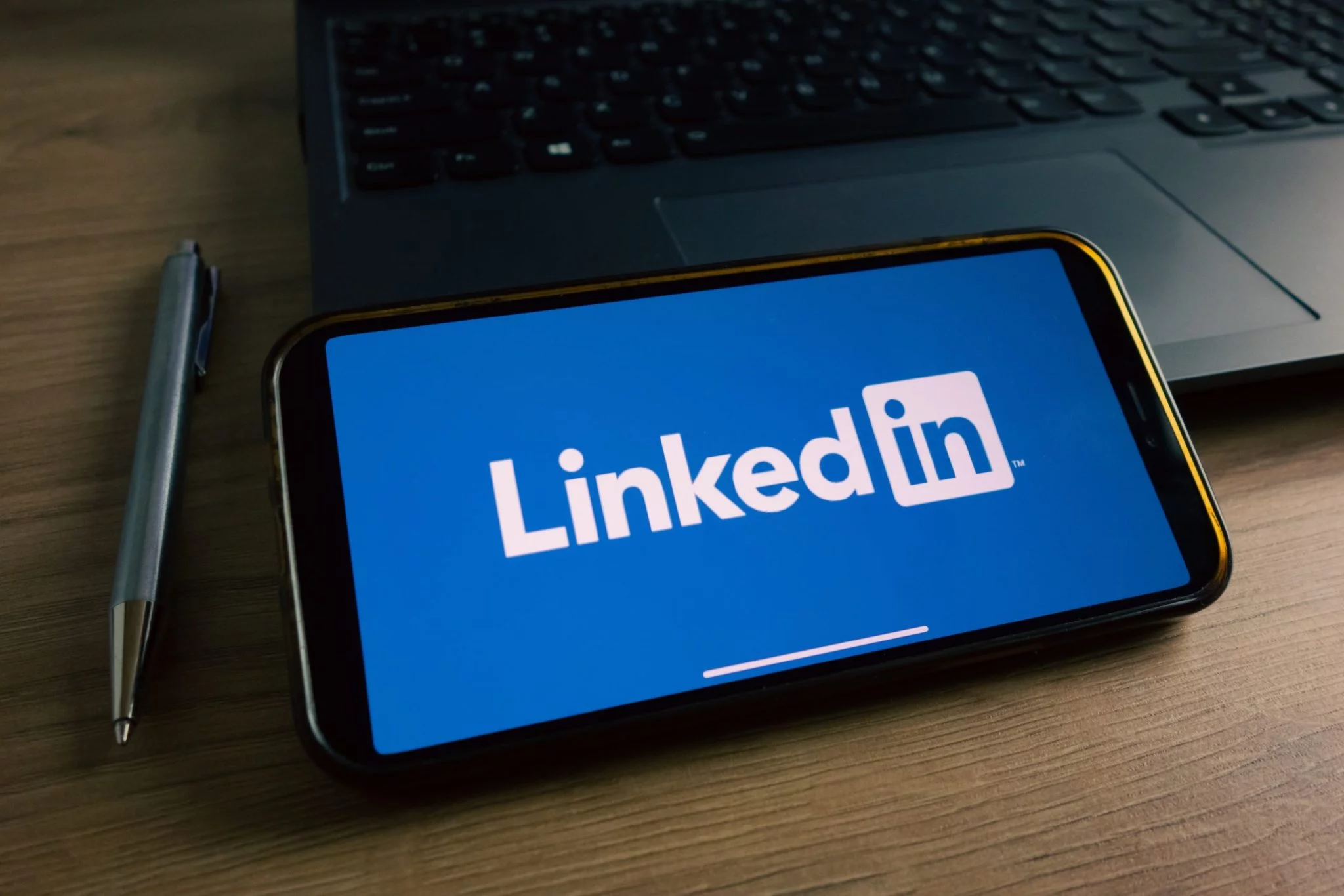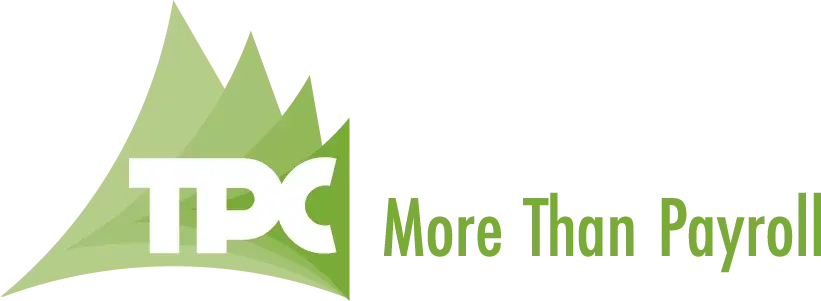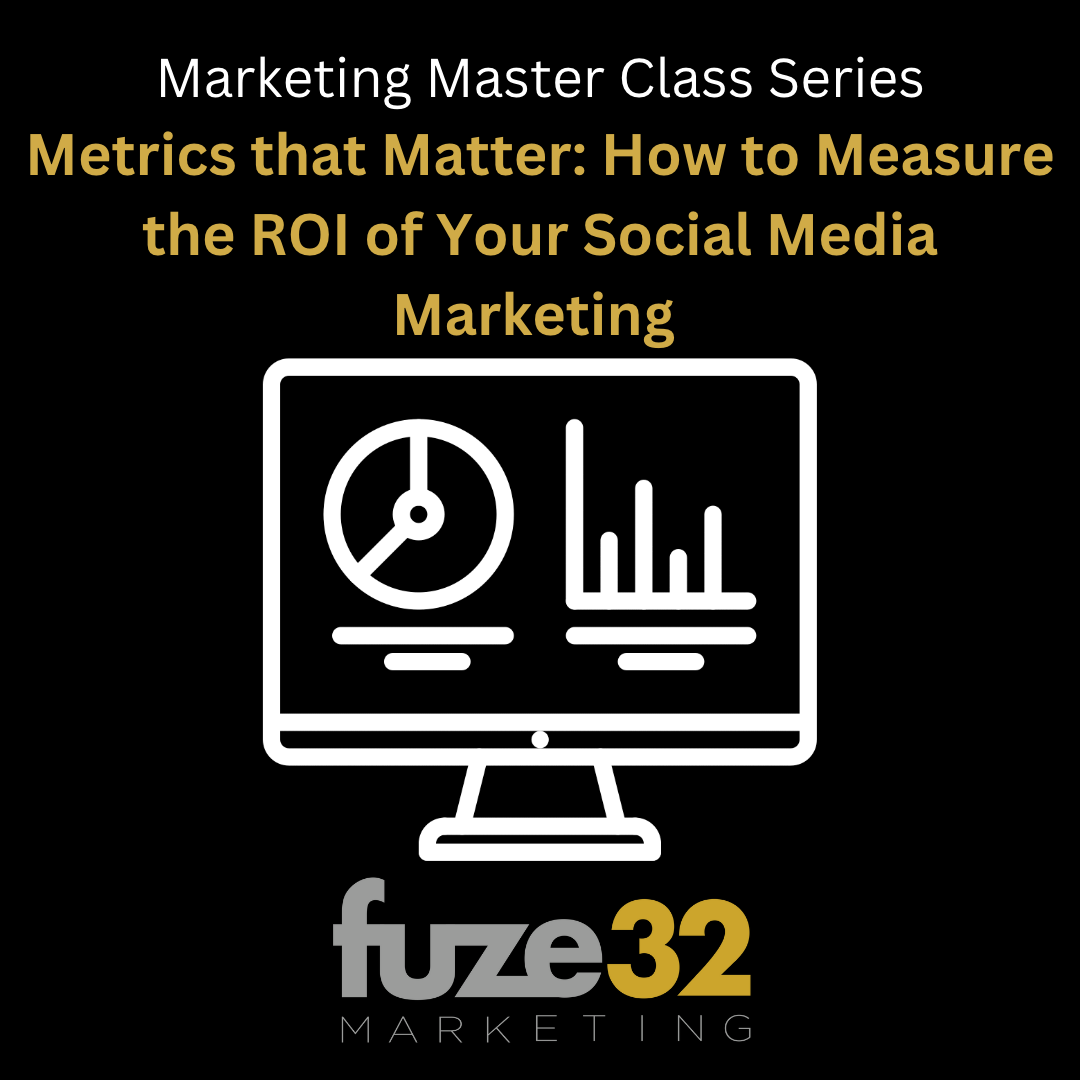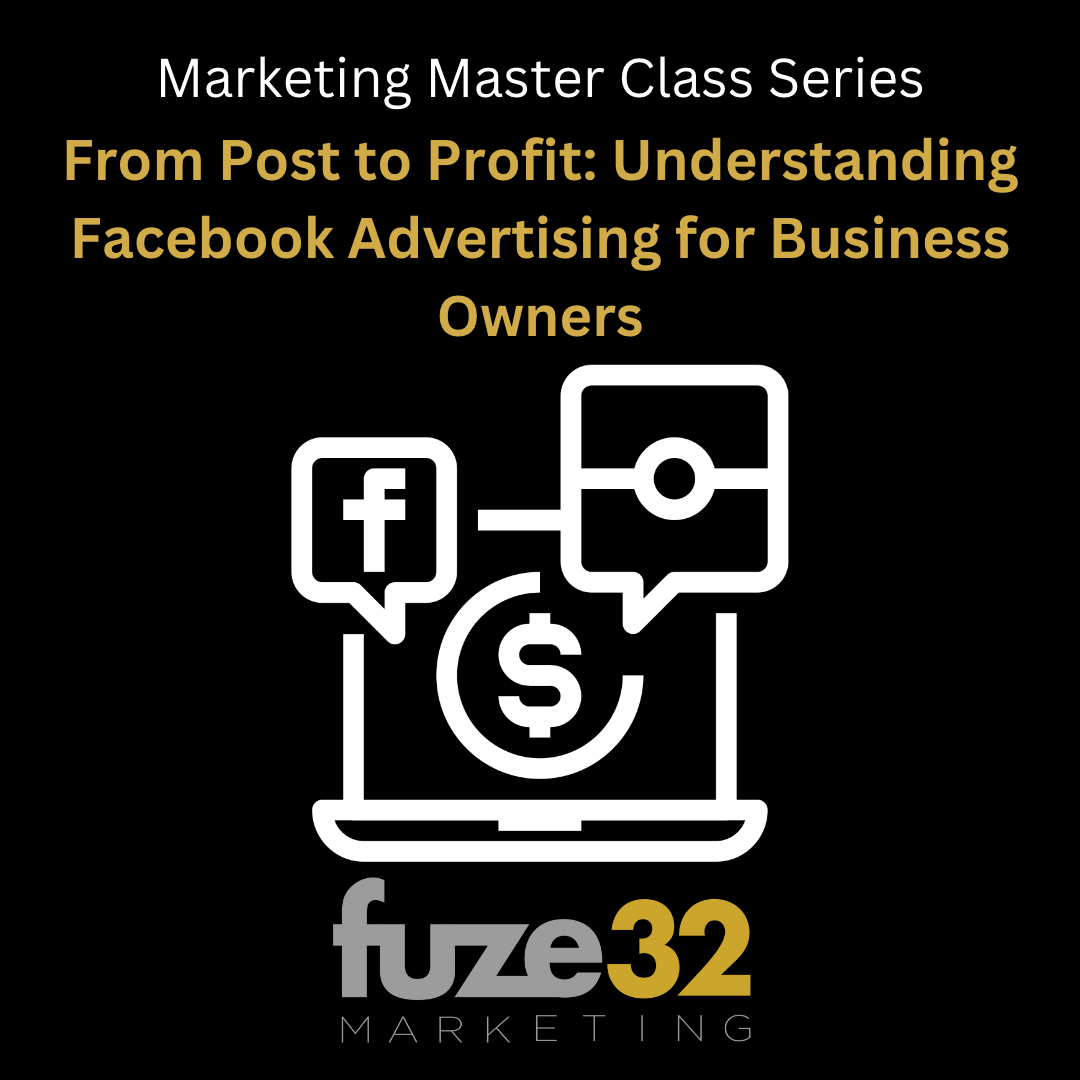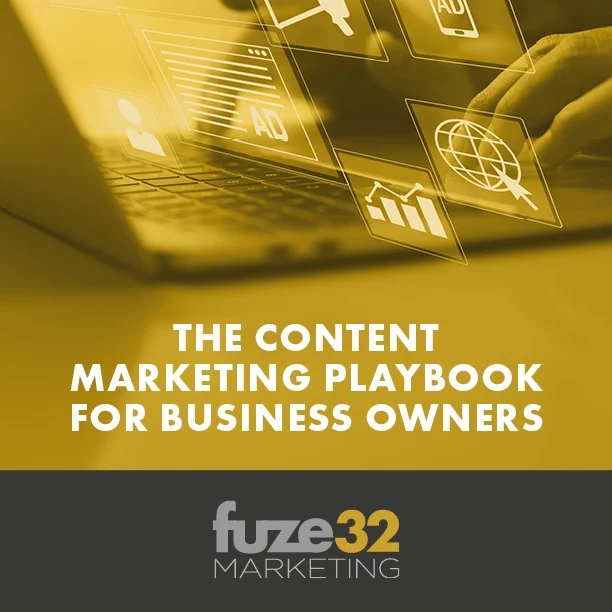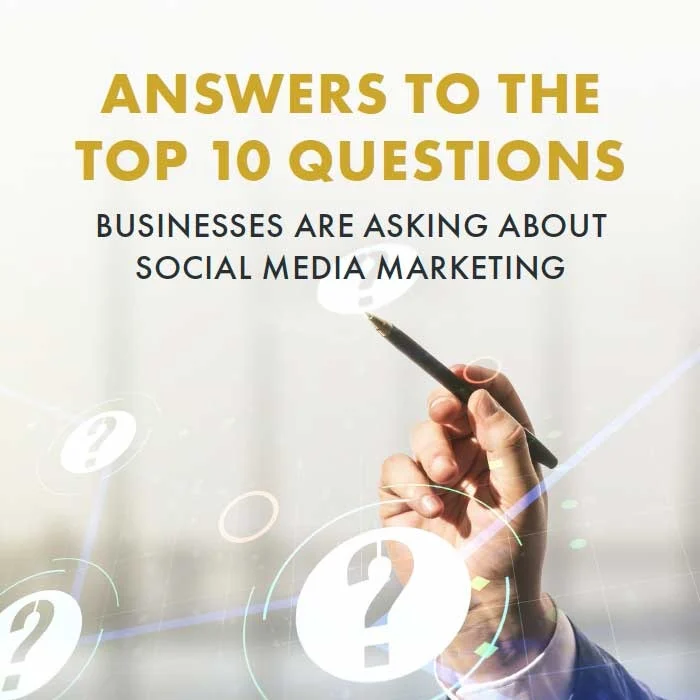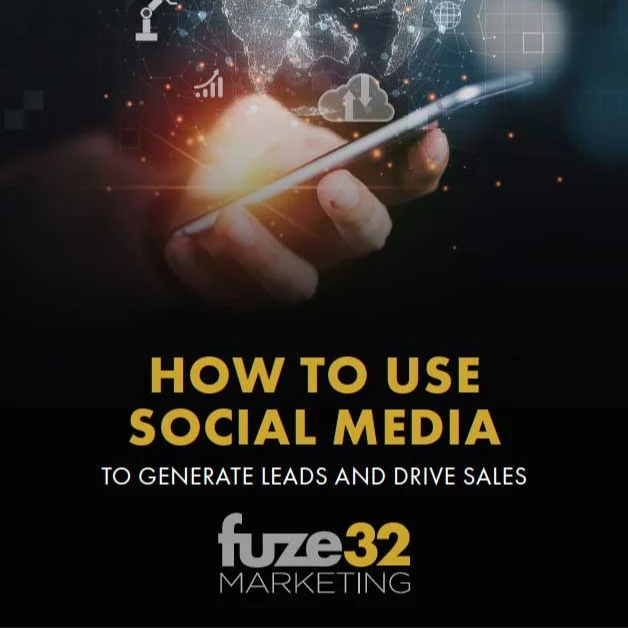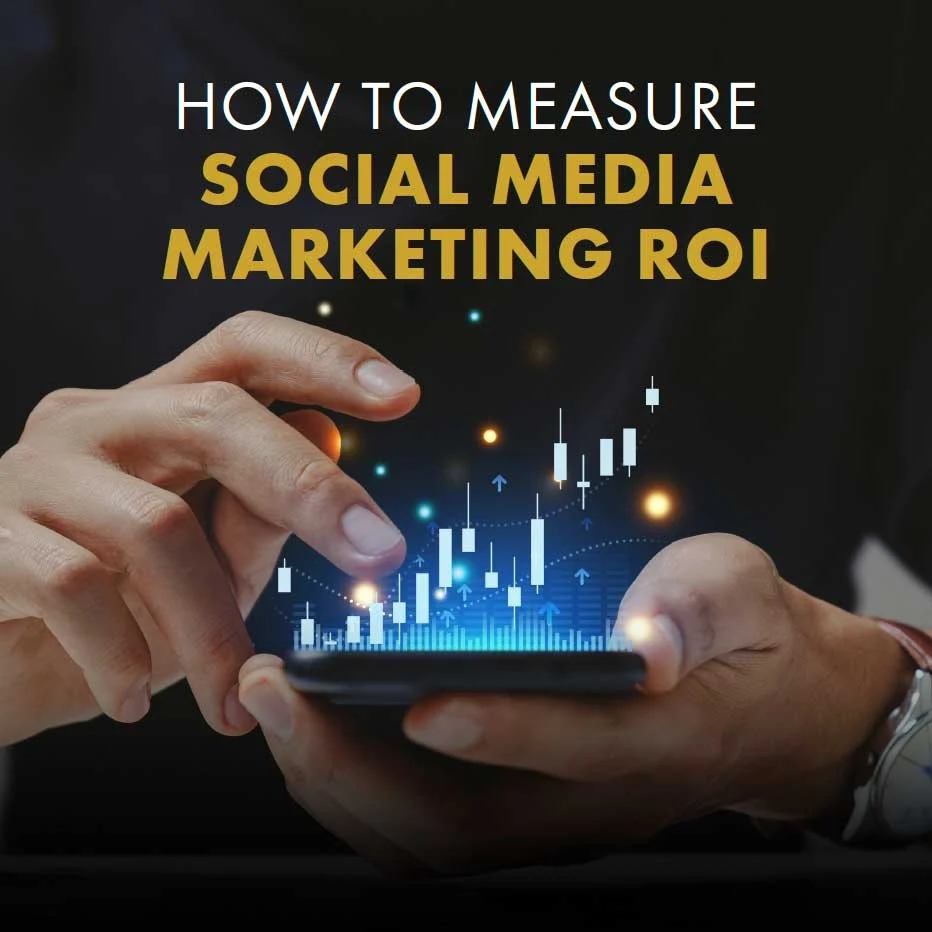Bing Powers AI Tools You Didn’t Know You Were Using
Believe it or not, Bing plays a much bigger role than just being “that other search engine.” It’s become the lifeblood of AI-powered tools. Microsoft has strategically integrated Bing into critical AI solutions—tools like Microsoft Copilot, which redefines workplace productivity, and ChatGPT, where Bing quietly powers the free-tier search integrations.
By ignoring Bing, you’re not just skipping a search engine; you’re avoiding an entire ecosystem that fuels AI-generated results. And since AI isn’t going away anytime soon, we are asking the questions that no one else has said out loud: "Is sticking to a “Google-only” strategy in your marketing plan a wise business move? Wouldn't it make sense to get out in front of a trend you see coming?"
We think so.
Why Does This Matter to You?
Think of Bing as the VIP pass to AI visibility. If your business isn’t showing up or optimized on Bing, then tools like ChatGPT, Perplexity, and even some Brave Search results won’t showcase your brand. Missing exposure here could mean missing potential customers entirely.
Translation? Your competitors who do optimize for Bing are enjoying all the traffic, leads, and sales; all the things that keep the lights on.
Now, before you panic, hang tight. We’re about to break it all down.
Why Are We Still Ignoring Bing?
Like we said earlier, if Bing were a high schooler, it’d be the science-loving kid who hangs out in the basement with a bad haircut and four computer screens - even though they’ve grown up and totally reinvented themselves since then. And yet, marketers still think of Bing as:
- Not “sexy” enough
- Not Google
- Irrelevant to modern search habits
But the truth? Bing isn’t the quirky search engine you ignore anymore. Your competitors may assume it’s irrelevant, but you’re the marketing hero who knows better. Showing up in AI-powered searches means showing up on Bing.
What You Should Be Doing (But Probably Aren’t)
Here’s the thing - optimizing for Bing doesn’t take Herculean effort. In fact, it's super easy. It’s low-hanging fruit with potentially strong ROI, which we anticipate will get stronger over time. NOT doing it could mean you’re leaving money...and visibility...on the table.
Here’s your to-do list:
Claim Your Business Profile on Bing
Just like Google, Bing lets you manage your presence online. Pop over to Bing Places, claim your business profile, and ensure your name, address, and phone (NAP) are consistent across platforms.
Beef Up Your Business Description
This isn’t just about plugging in an address. Add a keyword-rich description of what your business does. SEO matters here. Use those keywords smartly (preferably less than 750 characters).
Upload Professional Photos
Trust me, nobody wants to see blurry iPhone pics from 2009. High-quality photos make your profile pop, and Bing loves a business that stands out visually.
Track Like a Pro
Plop UTM tags on your website links so you can monitor Bing-driven traffic in Google Analytics 4 (GA4). Because if you’re not measuring traffic and ROI, you’re flying blind.
Set up Bing Webmaster Tools
Dive into Bing’s version of Google Search Console. Monitor impressions, clicks, and queries directly from here. Bonus info: You’ll also see gaps that need filling in your content strategy.
Test in AI-Powered Tools
What happens when you search your business in ChatGPT, Bing Chat, or Microsoft Copilot? Don’t know? That’s a problem. Test it out, and make sure you like what you see.
Simple enough, right? Don’t overthink it...just start optimizing. The sooner you do, the sooner Bing starts working for you.
Pro Tip: Setting up your Bing Places profile has never been easier. Bing allows you to seamlessly export your data directly from your Google Business Profile and even set up recurring updates. It’s a smart, streamlined solution that shows someone at Bing truly understands user needs.
Don’t Forget to Measure Success
Good marketers don’t rely on gut feelings (though, sure, instincts are great). You need data to prove your strategies work. Here’s how to track Bing’s impact.
- GA4 Monitoring: Track clicks, impressions, and sessions from Bing/organic and referral traffic.
- Bing Webmaster Tools: Keep an eye on performance metrics directly within its dashboard.
- Use Call Tracking/CRM: If calls or leads are converting through Bing-generated queries, tie that data back.
- AI Search Testing: See how your business looks in ChatGPT, Copilot, and similar tools.
Numbers don’t lie. Use them to make Bing part of the conversation in campaign performance reviews.
Why Bing = Smart Marketing ROI
Here’s the kicker. Optimizing for Bing isn’t going to eat up all your time or budget. Claiming and updating a Bing profile is free, takes about an hour, and plugs you directly into AI-powered growth. These fast-growing AI tools are eating a bigger chunk of internet visibility pie every day, and Bing gives you a seat at that table.
Marketing isn’t about choosing sides between Bing and Google. It’s about being smart, strategic, and visible wherever your audience exists. And “your audience” is increasingly being served results powered by Bing.
Don’t wait for Bing to dominate the news cycle (or trend on TikTok). Get ahead of the curve now. By the time everyone else catches up, you’ll already be lightyears ahead.
Final Word
The marketing world is shifting fast, with AI taking the wheel on digital search. Ignoring Bing means ignoring some of the most powerful tools driving search results today. And that’s not just risky. It’s bad business.
fuze32 can help. Whether it’s optimizing profiles, creating Bing-friendly content, or tracking AI-driven visibility, we make sure you’re positioned to win.
Need help? Give us a call.



.webp)





